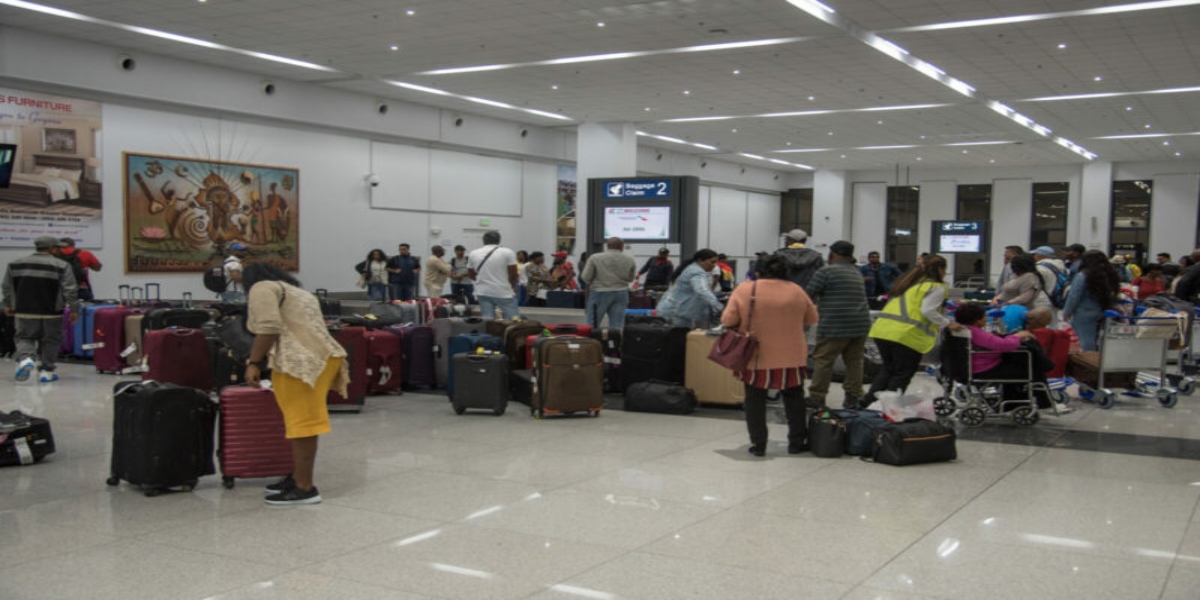The Guyana government is gearing up to implement a paperless border management system at the Cheddi Jagan International Airport (CJIA) by the end of 2024, with plans to expand the initiative to other entry points by 2025. This system is part of a broader digitization drive aimed at modernizing operations, improving national security, and streamlining travel processes.
During his weekly press conference, Vice President, Dr. Bharrat Jagdeo explained that the paperless system will introduce automated pre-screening of passengers, allowing authorities to access essential information before travelers arrive in the country. The initiative will enhance border security and create a more efficient process for entering Guyana.
“It is a modern system to manage the safety of our country and our borders so that we can know who is coming into our country and we can keep our people safe and we can flag undesirables before they come,” Jagdeo stated. He further noted that the system, similar to those employed at major international airports, will allow passengers to clear immigration through automated gates, bypassing officers if cleared by the system.
This transition will also introduce a self-check-in option where travelers can use new biometric ID cards or passports at automated kiosks. These ID cards, which will be mandatory for all citizens and residents, will feature enhanced security features to combat identity theft and ensure broader access to government services, particularly in remote areas.
In addition to upgrading border security, the paperless system will allow travellers to submit customs declaration forms online before arrival. The Vice President highlighted that this data will be automatically forwarded to the Guyana Revenue Authority (GRA), streamlining the customs process and reducing waiting times at the airport.
Currently, passengers are required to fill out printed customs forms upon arrival at Guyana’s entry points, but the new system will digitize this procedure and centralize passenger information in a database. This will enable authorities to monitor overstayed visas, unauthorized employment, and other immigration-related infractions.
Jagdeo emphasized that this project is part of a series of digitization efforts aimed at modernizing the country’s infrastructure. Other ongoing initiatives include the digitization of patient records, automating operations at the Ministry of Home Affairs, and introducing paperless systems across various sectors.
Reflecting on the government’s progress since taking office, the Vice President expressed concern that the media has not sufficiently highlighted these transformative projects, which he believes are crucial to improving the daily lives of Guyanese citizens.











